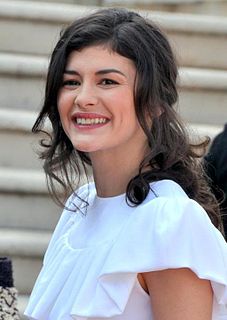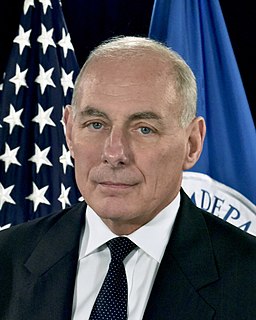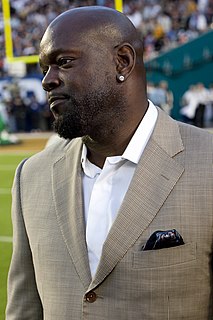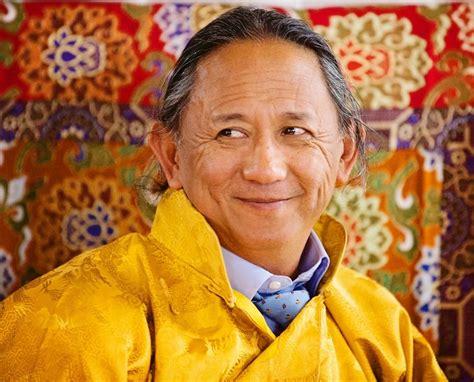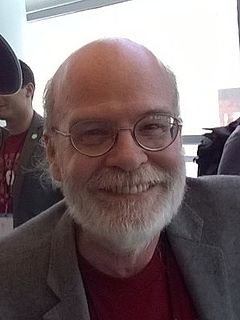A Quote by Sofia Coppola
Thats the way I work: I try to imagine what I would like to see.
Related Quotes
When I say: "I'm looking at you, I can see you", that means: "I can see you because I can't see what is behind you: I see you through the frame I am drawing. I can't see inside you". If I could see you from beneath or from behind, I would be God. I can see you because my back and my sides are blind. One can't even imagine what it would be like to see inside people.
Imagine craving absolutely nothing from the world. Imagine cutting the invisible strings that so painfully bind us: what would that be like? Imagine the freedoms that come from the ability to enjoy things without having to acquire them, own them, possess them. Try to envision a relationship based on acceptance and genuine care rather than expectation. Imagine feeling completely satisfied and content with your life just as it is. Who wouldn't want this? This is the enjoyment of non-attachment.
When I'm writing, I try to have the mask of my character on as I'm walking through the world. When I'm not at my desk, the rest of the time, I try to stay in that character and see the world the way that character would It's almost like method acting in a way — keeping the character close the way the actor keeps a script close and always tries to be in character.

